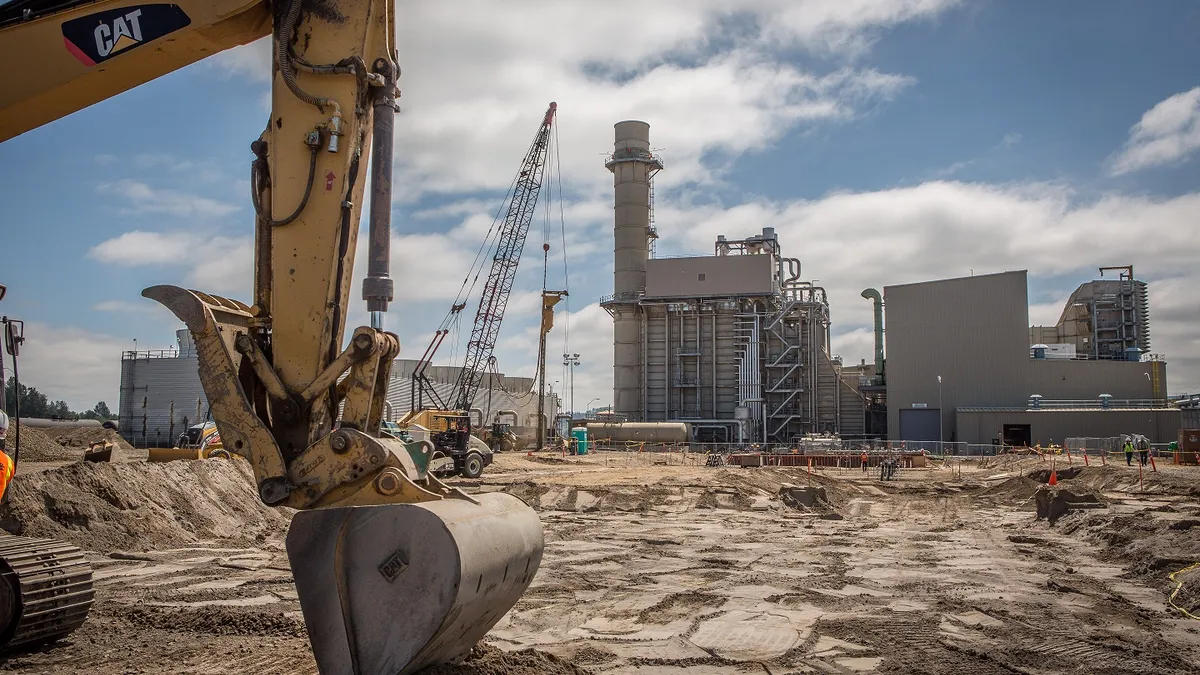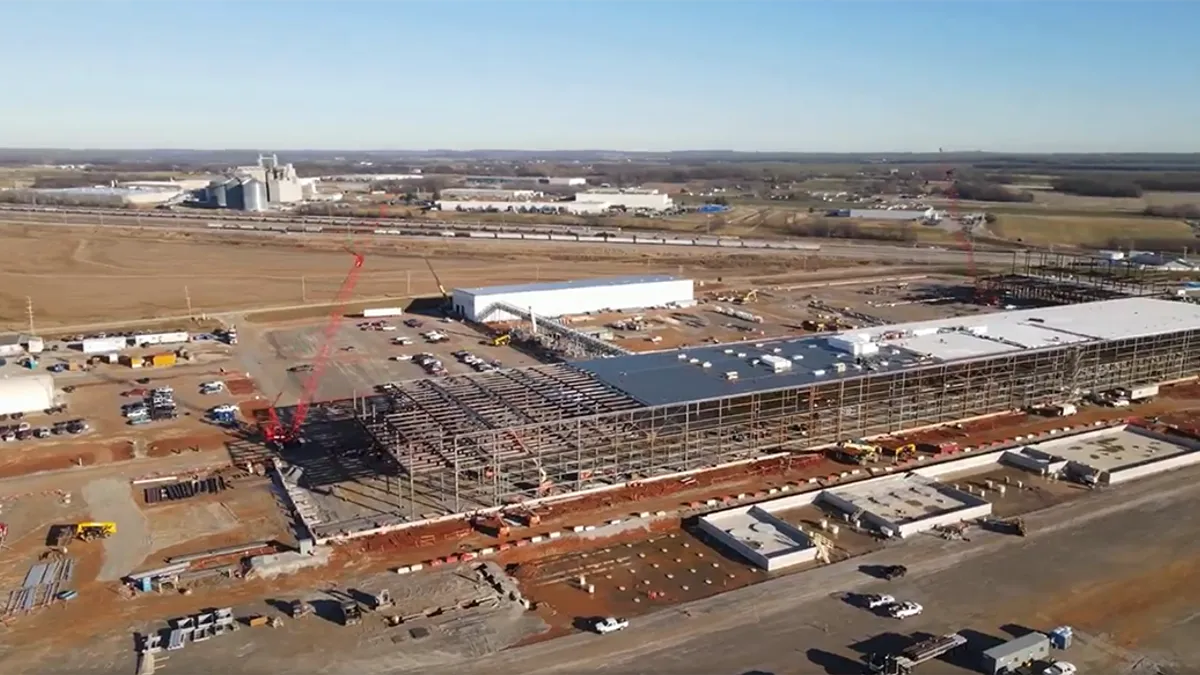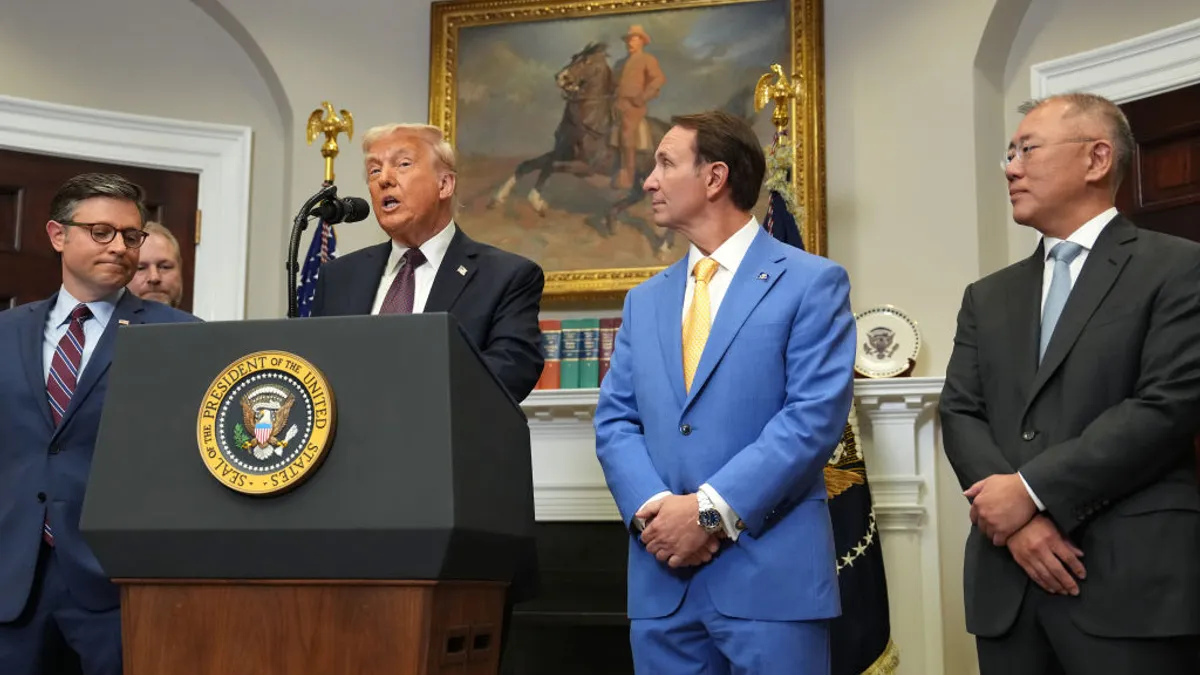Does your company participate in federal contracts? Whether they're the majority of your business or a relatively small share of your total project work, successfully enduring a shutdown in federal government activities requires preparation. This article explains how to do that.
- Meet with the project's contracting officer in advance to determine its status in the event of a shutdown.
- Review the contract to determine what shutdown-related costs are billable.
- Collect as much information about the project as possible.
- Remedy any payment concerns in advance.
- Request a time extension on the contract.
- In the event of a shutdown, unless otherwise ordered, show up to the site and document being turned away or that the site was inaccessible.
- Prepare to increase capacity to the project once the shutdown ends.
In 2013, after partisan squabbles around the Affordable Care Act, Congress failed to enact a spending bill, throwing the federal government into shutdown mode. As a result, more than 400,000 government workers were furloughed, and agencies deemed nonessential shuttered their windows for 16 days, CNBC reported.
A closure of just a few weeks might not sound too bad, but the down time, according to Moody's, cost the U.S. Economy up to $20 billion, hitting construction companies and anyone else doing business with the government right in the pocket.
The National Park Service closed the gates to many recreational areas; the Occupational Safety and Health Administration stopped routine inspections; operations at the Federal Emergency Management Agency, a division of the Department of Homeland Security, were limited to emergencies; and the e-Verify employment verification system was inaccessible. All in all, more than 90 federal agencies were either shut down completely or were working at bare-bones staffing levels.
Four years later, another government shutdown could be on the horizon, and this time any number of issues could drive a stalemate. President Donald Trump’s U.S.–Mexico border wall is one of them, though the president last week walked back statements suggesting he will reject any spending bill that does not include the $1.6 billion for wall construction set forth in his 2018 budget proposal.
The House included the president's request for wall funding in its appropriations bill but Senate democrats are lining up to oppose it, and it is doubtful republicans can gain the consensus required to push it through. Other contentious issues like healthcare, the debt ceiling and tax reform could result in an impasse as well. Lawmakers have until Sept. 30 to work out a budget deal.
Even if a government shutdown isn't yet set in stone, effective management and response to the event requires preparing up front.
Is the government actually going to shut down?
Whether the federal government will shut down later this month is still to be determined.
"Lawmakers might [be able to pass] a resolution to kick the can down the road," said Steve Cvitanovic, partner at Haight Brown Bonesteel, "If contractors are working on a federal project, even if money is set aside for it from a previous budget, the contracting officer is going to get furloughed." With no representative from the public agency as a result, construction work will likely cease.
Brian Deery, senior director of the Associated General Contractors of America's highway and transportation division, says a shutdown is unlikely, though that outcome is pending negotiations among lawmakers, underway from now until the end of September.
One recent event that will no doubt influence the president’s and Congress’ willingness to work out a deal is Hurricane Harvey, which made landfall in Houston on Aug. 25. Moody’s has estimated total damages — including property and economic impact — as high as $75 billion, but private weather service AccuWeather predicts total costs could add up to more than twice that amount. In the days after Harvey's devastation, when the certain need for federal aid became apparent, the president rescinded previous threats to shut down the government over border wall–related budget issues.
FEMA's emergency response functions are considered essential, so that work wouldn't stop in the event of a shutdown. However, a closure would prevent Congress from authorizing additional funds and could interfere with other federal agencies assisting in the cleanup and rebuilding efforts.
"The government is going to have to be involved in getting Houston back on its feet," Cvitanovic said. "Having a government shutdown with Houston 6 feet under water would be a very costly mistake for [the president] to make."
How to ensure your firm is ready
Harvey aside, legislators are still without a formal budget plan — or even a stopgap measure — as the deadline nears. Contractors who rely on federal projects should take precautions to ensure they're ready in the event of a shutdown. (Making inquiries into how the federal contracting process works is sound business practice, shutdown or not.)
The first order of business is to meet with the project's contracting officer and ask how a shutdown might impact the job, including whether that officer will be furloughed.
"One thing to [ask] is if the project is fully funded or will rely on [future] government financing," Deery said. Even if the project is fully funded, there could be obstacles that prevent continuing with the job. One such scenario is if the work is inside a military base or a federal building that has been closed because of the shutdown.
Contractors should also look at their contracts to determine whether they will be able to bill for extra costs associated with a government shutdown. Whether they can depends on the agency, Deery said. Contractors can recover some costs for fixed-price contracts, but that would depend on what the agency considers to be an equitable adjustment. "If it's a cost reimbursement contract, they [contractors] could most likely bill for the extra costs," Deery said.
Those costs could be more than contractors anticipate. "Once the ... shutdown is off, now you have a whole rush of work that needs to be completed," said Lourdes Martin-Rosa, president of Government Business Solutions, in Miami and Washington, DC. Contractors may have to pay overtime or additional compensation to meet the new workload, she said. Extra vacation days might also be in order to give employees some rest after working to catch up to the original schedule.
Deery said it's also important contractors maintain "stringent" records of shutdown-related costs in case their claims for reimbursement are audited.
Although being prepared is important, it's equally critical to not jump the gun and stop working before the project is officially shut down. "Unless you get a notification to stop work from the federal agency, show them you're willing to perform," Deery said. "Assume work will continue." If the government indeed shuts down but there is no official announcement or stop work order from the agency overseeing the project, he said, show up and document being turned away or that the job was inaccessible.
"Unless you get a notification to stop work from the federal agency, show them you're willing to perform. Assume work will continue."

Brian Deery
Senior director, Associated General Contractors of America
During a shutdown, furloughed government personnel — like the contracting officer — won't have email access and are not permitted to engage in any government business. To help lessen the blow to the project that communication cutoff could deal, contractors should gather as much information about the project as they can and resolve payment and other issues before a shutdown occurs.
Federal agencies have small-business specialists on hand, and those people can be valuable resources when trying to figure out which agencies are shutting down and when.
"Even if the authorization for the money has already happened, the person managing the money for the federal government might not be there," Cvitanovic said.
Regardless of whether the contract allows for cost reimbursement, Deery said, contractors should make sure to request an extension of time on the contract.
State transportation projects financed by federal dollars aren't likely to see an immediate impact on funding, Deery said. But certain programs like the Transportation Investment Generating Economic Recovery (TIGER) grants and Transportation Infrastructure Finance and Innovation Act (TIFIA) loans could see a disruption during a shutdown.
As legislators discuss a potential budget deal, contractors should keep an ear to the ground and listen for updates from the White House, the Office of Management and Budget and other federal agencies.
Many contractors in business today also experienced the 2013 shutdown, so they’re more prepared to deal with whatever the federal government has to throw at them. "Contractors are adaptable," Deery said.





















